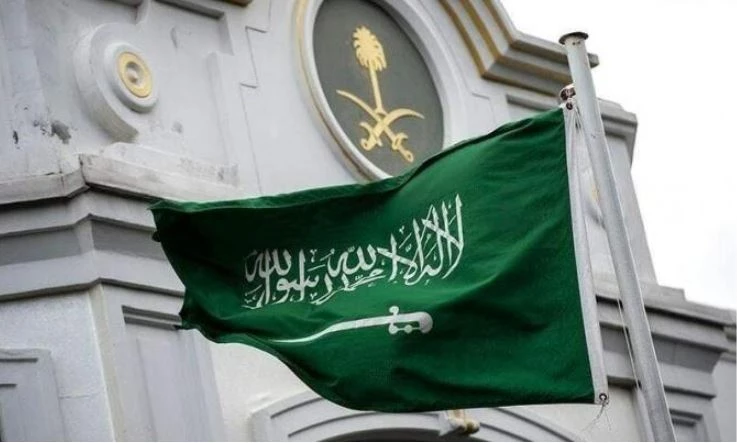Saudi Arabia announced Wednesday it was projecting a budget deficit of 2 percent of GDP in 2023 and 1.9 percent of GDP next year, reflecting rising spending and lower oil revenue.
The announcement comes one year after the Gulf kingdom, the world's biggest crude exporter and the Middle East's largest economy, recorded its first budget surplus in nearly a decade in the wake of Russia's invasion of Ukraine which led to a boom in oil prices.
Saudi Arabia is in the middle of a sweeping economic and social reform agenda known as Vision 2030, intended to transform the formerly closed-off kingdom into a business, tourism and sports hub.
The deficit for 2023 is expected to amount to 82 billion Saudi riyals (roughly $21.8 billion), while in 2024 it is expected to total 79 billion Saudi riyals (roughly $21 billion), according to figures released by the finance ministry.
Riyadh anticipates 4.4 percent real GDP growth in 2024 after just 0.03 percent this year, the ministry said.
The projections broadly align with a pre-budget statement issued in October that indicated deficits would last through 2026.
After King Salman chaired a cabinet meeting approving the budget on Wednesday, the finance ministry said on social media that "the strengths of the Kingdom's resilient economy leverage economic risks and challenges to its advantage".
- Oil cuts -
Last week, Riyadh announced it would extend its voluntary oil production cut of one million barrels per day until March 2024.
After a series of oil supply cuts dating back to October last year, Saudi daily production is at approximately nine million barrels per day (bpd), far below its reported capacity of 12 million bpd.
Energy giant Saudi Aramco posted a 23-percent year-on-year drop in profits for the third quarter, the result of lower oil prices and the production cuts.
Saudi Arabia owns 90 percent of Aramco's shares and is depending on its revenue to fund Vision 2030 projects.
In a briefing with reporters on Wednesday, Finance Minister Mohammed al-Jadaan said Saudi Arabia's annual budgets stem from "very conservative" estimates of oil revenue, meaning deficits are the product not of fluctuating oil prices but of a deliberate decision to boost spending.
"We actually intentionally decided to spend more and cause the deficit knowingly, consciously" in the belief that deficits of up to 3 percent are "absolutely fine... if you spend that money right", Jadaan said.
He trumpeted projected non-oil GDP growth of around 6 percent in 2023 and 2024 as evidence that the plan is working.
Jadaan also said that spending in 2024 could exceed projections announced on Wednesday, although only "in the range of 4 or 5 percent".
Crown Prince Mohammed bin Salman, Saudi Arabia's de facto ruler, "explained that the increase in spending is mainly due to the government's keenness to continue developing the level of public services provided to citizens, residents and visitors", according to the official Saudi Press Agency.


